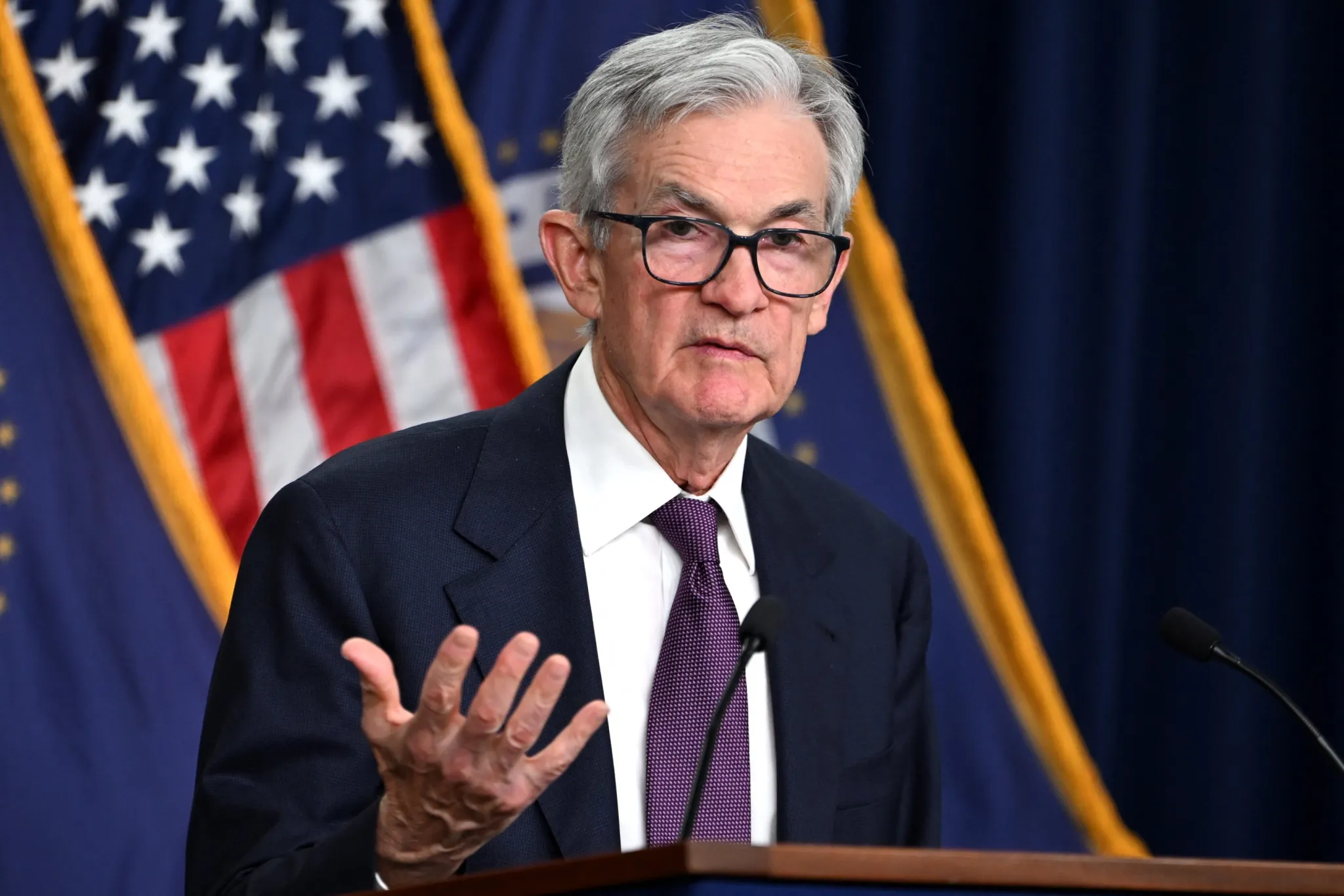New report reveals the surprising benefit to economic recessions: They help you live longer
People face a mounting pile of problems in periods of economic downturn: Unemployment rates soar, home values drop, and people have less money to spend and delay important financial decisions like buying a house, getting married, or having kids. But research also shows that recessions come with a silver lining: more life.
A report from the National Bureau of Economic Research, led by health economist Amy Finkelstein, found mortality rates among Americans dropped 0.5% for every 1% jump in an area’s unemployment rate during the Great Recession. It also found the more unemployment in an area, the longer people lived—especially people older than 64 and those without a college degree.
And, as it turns out, the unlikely beneficiary of a recession is the environment: specifically, cleaner air.
“These mortality reductions appear immediately,” the report said, “and they persist for at least 10 years.”
Put into perspective, the economists found the Great Recession “provided one in 25 55-year-olds with an extra year of life.”
Additionally, the economists found “three-quarters of the mortality reduction comes from a reduction in elderly deaths, a group whom we estimate did not experience any direct income effects” from the Great Recession. That means most of the people who lived longer due to the recession were not directly financially impacted by it.
Recessions don’t suddenly make everything better, mind you. Using surveys that measure behavioral risk factors and personal consumption expenditure, the economists also found laid-off workers weren’t using their extra time to exercise more and were still spending on vices like smokes and liquor, all things that could negatively impact one’s health and are leading causes of heart disease—which kills about one in five Americans.
Other things that usually kill people persisted as well. Crime rates dropped, yes, but infectious diseases persisted. And in nursing homes, which can more easily hire adequate staff due to high unemployment in a recession, elderly patients received largely the same levels and quality of care.
The biggest explanation for longer life, they found, is cleaner air. According to the report, “recession-induced declines in air pollution”—made possible by fewer commutes to work and slowed operations in factories and offices, measured through fine particulate matter called PM2.5—“can explain over one-third of the recession-induced mortality declines.”
One study found greenhouse gas emissions, like nitrous oxides, decreased by around 21% between 2005 and 2011, “with the majority of the reduction seen over urban areas and along major highways.”
In the report, economists found the causes of death that decreased during the recession, like heart disease, suicide, and car crashes, “are also consistent with a pollution channel.” Changes in air pollution revealed an immediate impact on mortality, much in line with existing research, and mortality declines were concentrated in populations “with a high school degree or less,” who are also “disproportionately exposed to greater levels or air pollution.”
Pollution, which can cause death after particulates are absorbed into the bloodstream and impair how the heart functions, can also increase fatal car crashes because people are more agitated and experience slower real-time cognitive function. The “findings suggest important trade-offs between economic activity and mortality,” the researchers conclude.
Is a better economy worth a shorter life?
Bolstering the economy, which also worsens pollution that kills people, is an increasingly questionable arrangement. A strong economy is often a measure of a country’s financial health—but it excludes several other measures of health, like quality of schools, neighborhood safety, sustainability, and access to healthcare.
It’s one of the main ideas behind “degrowth,” an economic theory that began in the 1970s, which advocates for scaling back global consumption of resources. One study found wealthy economies that can afford to scale down on production could still create prosperity if they “abandon economic growth as an objective,” while also freeing up “energy and materials for low and middle income countries” that might still need to grow for development.
According to the study, degrowth can be “a purposeful strategy to stabilize economies and achieve social and ecological goals,” unlike recessions, which are “chaotic and socially destabilizing and occur when growth-dependent economies fail to grow.”
The degrowth model also challenges the structure of the global economy, which is tethered by “the idea that firms, industries and nations must increase production every year, regardless of whether it is needed.” The dynamic drives “climate change and ecological breakdown,” and “high-income economies, and the corporations and wealthy classes that dominate them, are mainly responsible for this problem.”
Several countries today struggle to grow their economies due to the recent barrage of global fallouts, like the pandemic and wars in Ukraine and Gaza. Governments, who seek to stimulate economic growth, are also caught in conflicting objectives meant to improve human health and protect the environment from further damage.




